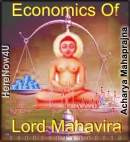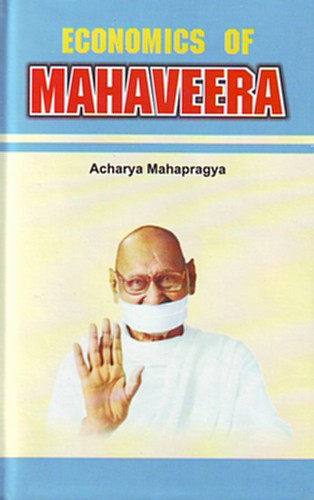
The entire labour force is engaged in production work for money. The question is the price one pays for labour. When a person puts in his hard labour, what does he get in return?
Right from the time of Mahavira till the times of communism and Gandhiji, a good deal of thought has been devoted to the question of how much labour and how much value.
In this context, the Communist theory is like this:
From each according to his ability and to each according to his needs.
Gandhiji made some modifications in this.
He said that there couldn't be an isolated definition of need. There cannot be one mechanical all-pervasive interpretation of need. It should depend on reason or logic. The value in a product is created only by work.
Mahavira enunciated a principle in this concept and sought to introduce the restraint between labour and value. Besides labour and value, it is imperative to have the elements of restraint. Labour should not be exploited and employment should not be reduced. Think of a person who has the capacity and does more work and also think of another person who is weak and is not able to do that much work. But both need food. If wages are determined on the basis of labour alone, then there will be denial of livelihood; there will be exploitation to some. The basic needs that are primary have to be satisfied. Mahavira introduced a vital concept: the denial of livelihood. There should not be any denial of food and water. Means of livelihood need to be provided.
 Acharya Mahaprajna
Acharya Mahaprajna

